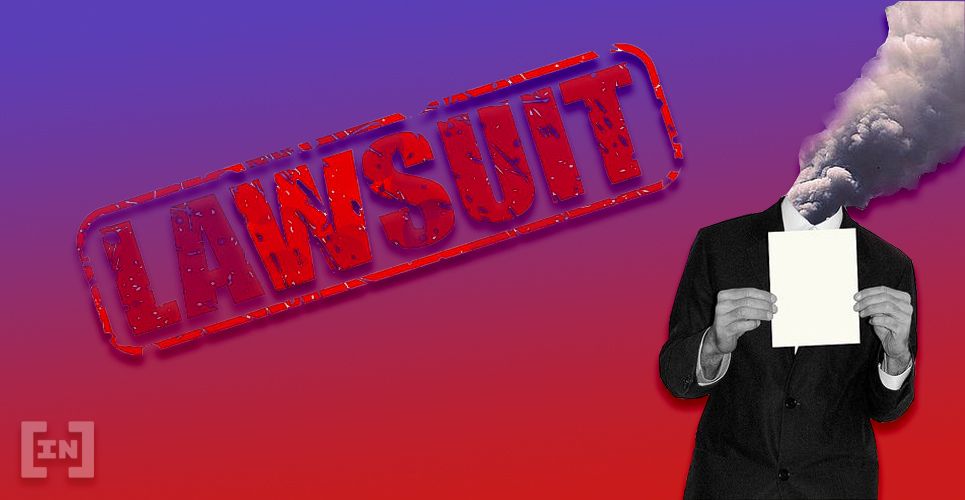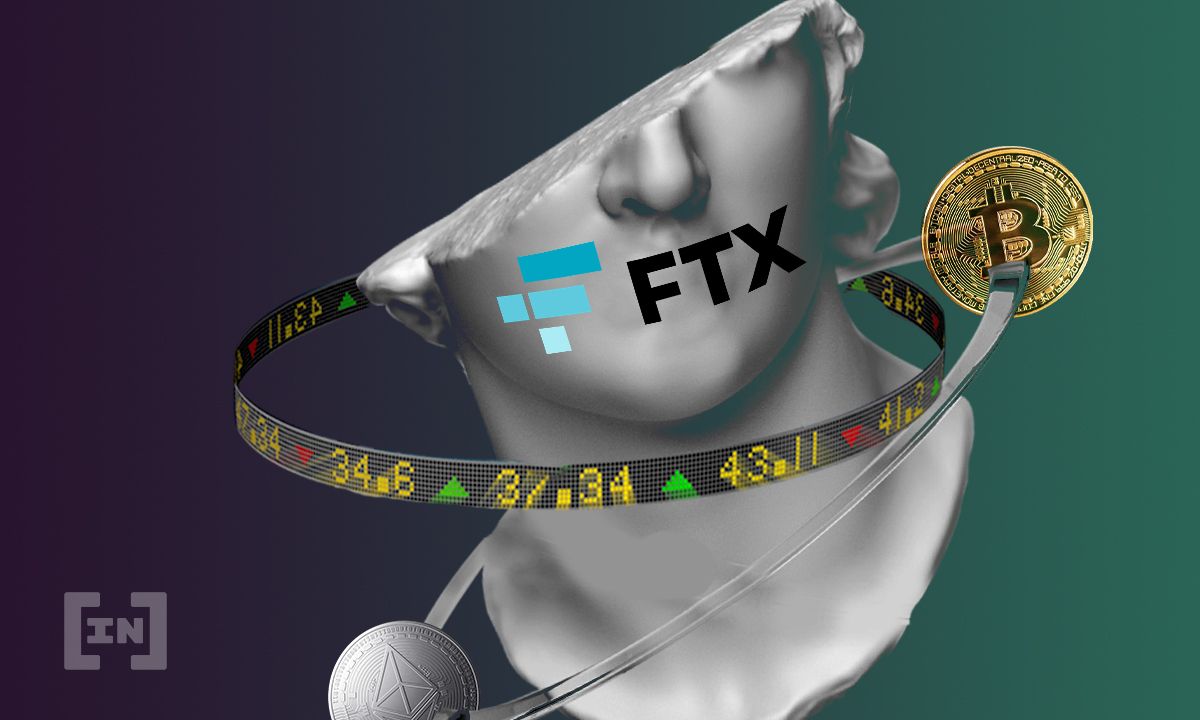Last week [In] Crypto: Google and Apple slam fake crypto apps, Tether says it contains zero Chinese commercial paper
Keeping up with the news can be too much trouble, but don’t worry! Be[in]Crypto has rounded up the most critical stories in the crypto industry, from the incoming waves of lawsuits to the arrest of a Coinbase employee for insider trading, Zipmex filing for bankruptcy, the delay of a bipartite stablecoin bill, and Tesla’s loss of bitcoins.
Don’t forget to subscribe to our newsletter and get our weekly summaries straight to your inbox!
An avalanche of lawsuits in crypto
Lawyers in the virtual currency industry are staring at an avalanche of lawsuits following the events of the past week. Yuga Labs, the creators of Bored Ape Yacht Club (BAYC) are facing a class action lawsuit from disgruntled BAYC investors over allegations of fraudulent promotion of the NFT collection and its native token.
Binance founder Changpeng Zhao has gone to court over a defamatory article published by a Bloomberg subsidiary in Hong Kong. Zhao’s lawyers stated in the filing that the publication made false claims that Binance’s CEO ran a Ponzi scheme and had ties to money laundering.
Troubled Terra still isn’t out of the woods just yet, as a new wave of class action lawsuits have been filed against the company. In a press release, law firm Bragar Eagel & Squire stated that Terra violated exchange laws in a scheme that “duped retail investors” and manipulated them into buying Terra tokens.
The Federal Trade Commission (FTX) sued Meta over its plans to buy VR fitness app Supernatural. The FTC hinged its argument on the premise that Meta actively bought its way to the top in violation of antitrust laws.

Law enforcement curbs crypto crime
Last week, the Latvian government seized the earnings of NFT artist Ilya Borisov on charges of money laundering. Borisov maintains his innocence and says the earnings took place during the 2021 NFT peak season, but he faces 12 years in prison if found guilty.
Apple and Google have been criticized for their lack of efforts to check fraudulent cryptocurrency apps in their app stores. Sherrod Brown, chairman of the Senate Banking Committee, wrote a strongly worded letter to CEOs of both companies citing the Federal Bureau of Investigation (FBI) report on the rise of fake crypto apps in the industry.
Law enforcement agencies arrested a Coinbase employee and two other people during the week on insider trading charges. Cobie, a top crypto influencer on social media, expressed skepticism about the arrest. He added that the person arrested was just collateral damage and that the problem was an institutional problem that was deeply rooted.
The ailing crypto exchanges
The past 30 days have been tumultuous for cryptocurrency exchanges in the ecosystem, and the events of the past week were no different. Email addresses belonging to Celsius clients were leaked to a third party which could compound the problems of users as they face the possibility of increased phishing attacks.
Zipmex has filed for bankruptcy protection for five of its affiliates. On top of the request from the distressed stock exchange is the granting of moratorium relief to enable the company to “put its house in order” without dealing with lawsuits.
Coinbase’s troubles continue as the Securities and Exchanges (SEC) reportedly launches an investigation into the crypto exchange’s activities. The investigation borders on the allegation of listing unregistered securities and allowing Americans to trade them. Coinbase’s legal director has refuted the claims, and is laying the groundwork for a settlement.
Following the probe, Ark Invest has dumped its Coinbase stock worth over $75 million. On the other hand, a Philippine group has urged the country’s SEC to shut down Binance’s operations in a 12-page complaint.
Amid the chaos of the past week, FTX continues to ride bullish waves, having reached advanced stages in negotiations to acquire Bithumb while its US affiliate FTX.US has launched stock trading on its platforms.

Regulatory thunderstorms are brewing
Ahead of Ethereum’s move to proof-of-stake (POS), there are growing concerns that ETH could be classified as a security. Adam Levitin, professor of law, argues that the expectation of profit from the stakers could and the joint venture with striking can serve as pointers for regulators to reach a decision.
US senators have introduced a bill that seeks to remove capital gains tax on purchases under $50. The bill, if passed into law, would simplify the use of virtual currencies for everyday purchases while increasing adoption.
A bipartisan stablecoin bill has been delayed until September due to a delay in finalizing the draft before a committee vote. The delay in the bill was due to the preliminary issues with custodial wallets, with the intention of the drafters hoping to prevent a repeat of the TerraUSD (UST) de-pegging.
Macroeconomic factors threaten the crypto outlook
Events outside the crypto markets have cast a dark shadow over the industry. The Fed raised interest rates by a 0.75% point increase, raising doubts about the viability of digital assets as a hedge against inflation.
Tesla disclosed a $170 million loss in bitcoin in its latest filing with the SEC. The automaker had previously shaken up the industry by announcing the sale of 75% of its bitcoin holdings to put its books in order ahead of an earnings report.
Tether hit back at critics over allegations that it held Chinese commercial paper as part of its reserves. The report stated that Tether’s reserves include short-term loans to large Chinese companies, something the stablecoin issuer strongly denies.
Zooming out of the cryptoverse, the US government has changed the definition of a recession in an attempt to debunk claims that the economy was headed for a recession. The Council of Economic Advisers stated that the benchmark for a recession is not the two consecutive quarters of rising inflation, but rather a holistic look at all economic data, including consumption, labor market and industrial production.
Disclaimer
All information on our website is published in good faith and for general information purposes only. Any action the reader takes on the information contained on our website is strictly at their own risk.


